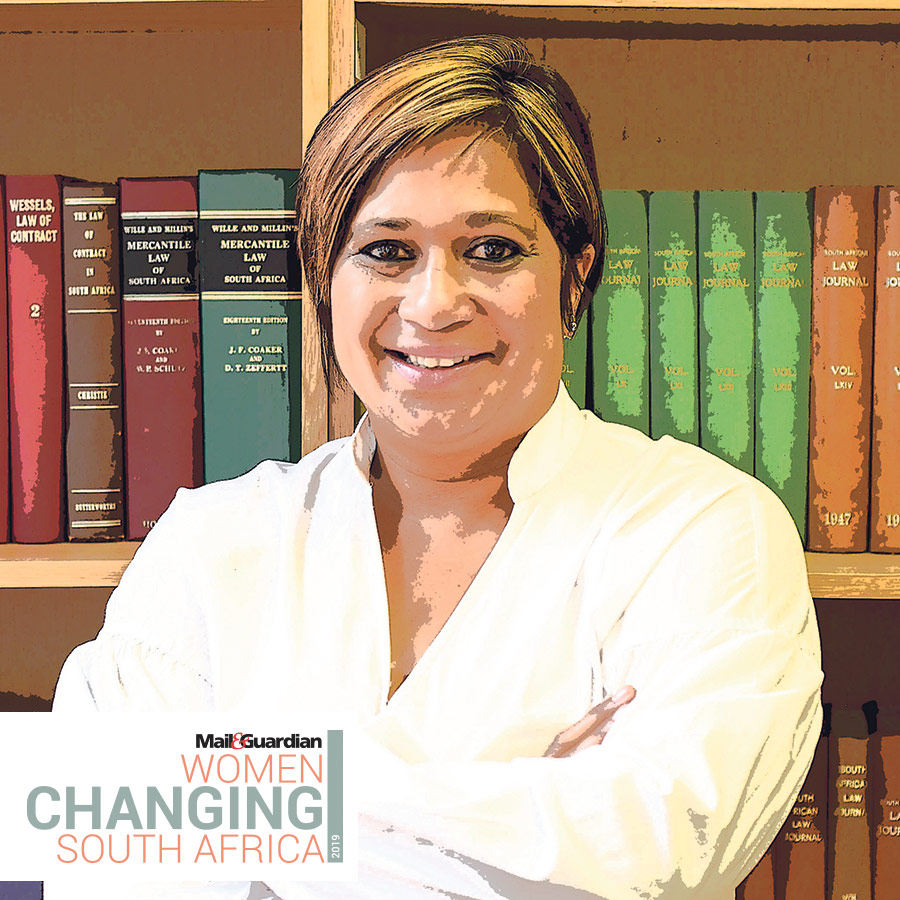I wanted to use the law to empower poor working-class communities and women in particular to access their rights.
‘Democracy starts within our homes and communities and we all have a collective obligation to build those structures within our communities,” says Sehaam Samaai. It was while growing up in the historic community of Bo-Kaap that Samaai first came to this realisation.
“At a young age, I saw how the law disempowered those around me and how women in particular were oppressed by the justice system. Women had no access to justice upon the dissolution of divorce or death of their spouses as they were only married in terms of Muslim rites and had no rights to their properties. Subsidies from government were accessed by these women but the City failed to transfer the properties on their names and their male spouses took advantage of this system by marrying two to three wives. Many women in my community had no choice but to accept their plight due to the economic inequities,” she says.
It is this — in addition to “the high cost of legal representation [which] stopped poor working class communities from accessing justice” — that set her on her career path.
“I wanted to use the law to empower poor working-class communities and women in particular to access their rights. I wanted to use the law as a vehicle for social change and to sensitise the law to the realities of women in my community and our townships.”
Having completed her articles at Legal Resources Centre and working for Lawyers For Human Rights as an attorney on their farmworker project, Samaai became a clinician and lecturer at the University of the Western Cape, her alma mater, where she obtained her LLM degree in constitutional development.
Under Samaai, the Women’s Legal Centre — the African feminist legal centre which advances the rights of women through strategic litigation, advocacy and training — went on to receive the Woza Awards’ Best Law Firm with Six or Less Lawyers award. External recognition aside, for the mother of two, the greatest reward comes “when I see the courts developing feminist jurisprudence and making the law sensitive and the courts conscious and responsive to gendered oppression”.
“But most importantly,” she adds, “being able to amplify women’s voices in their communities and allowing them to enhance their power to change and address patriarchal customs and social arrangements in their homes, communities and society.”
— Carl Collison
Instagram: @seehaam.samaai


